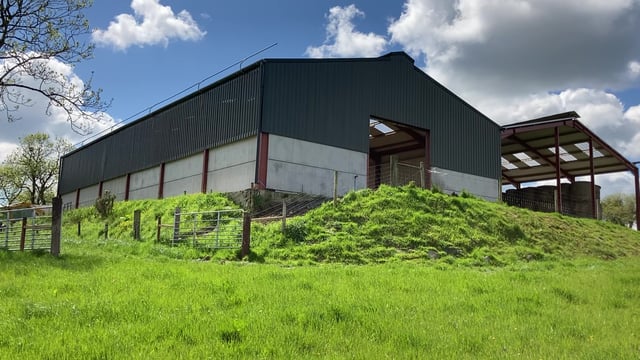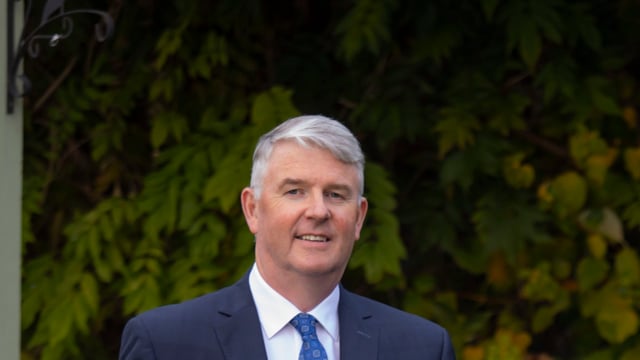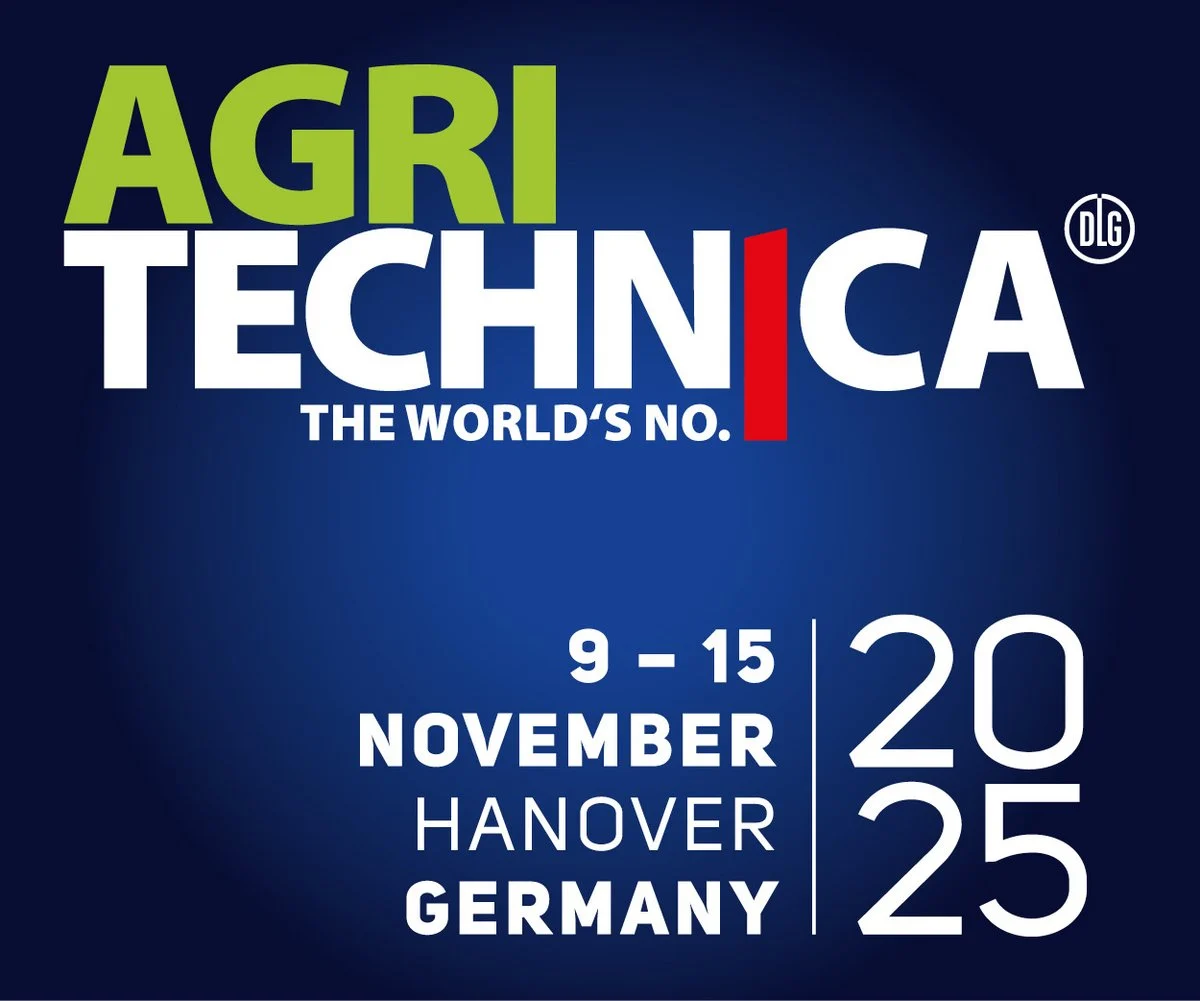Seanad hears that fertiliser prices have risen by 72% in a year
The average price of all fertiliser has risen by 72% in a year, the Seanad has heard.
"Every single farmer in the country is talking about the price of fertiliser at the moment, it has absolutely gone through the roof," senator Robbie Gallagher said.
The senator for Monaghan and Cavan said that data he had seen pointed to an almost 80% increase in the price of urea over the past 12 months.
The Fianna Fáil senator said the cost of natural gas across Europe, which has jumped by 441% in a year, is among the reasons for the skyrocketing fertiliser prices.
Senator Gallagher said that the rising costs will also have serious financial implications for Irish fertiliser importers and suppliers.
He suggested a potential solution would have to involve the banks and the farming community.
Another temporary solution, the senator said, would be the temporary suspension of EU anti-dumping charges on fertilisers imported from outside the EU.
Minister for Agriculture, Food and the Marine, Charlie MacConalogue agreed that fertiliser prices will be a really significant issue in the year ahead:
"The European Commission operates a comprehensive trade defence system that seeks to strike an appropriate balance between user and producer interests, when there is clear evidence that trading practices in foreign jurisdictions are having a distortive effect within the single market."
Since 2019, anti-dumping fixed rates range from €22/t to €42/t and have been imposed by the EU on urea and ammonium nitrate from Russia, Trinidad and Tobago and the United States.
No full review of these measures is expected until at least 2024, the minister said.
However, he said it is provided in EU regulations that an interim review can take place after the measures have been in place for one year.
At the November meeting of the EU Agriculture and Fisheries Council, Minister McConalogue called on the EU Commission to consider all options to ease pressure on farmers, including examining anti-dumping tariffs.
Last week, the minister wrote to EU Agriculture Commissioner, Janusz Wojciechowski, calling for the review of the tariffs to be finalised.
The minister noted that Ireland will continue to be a price taker when it comes to fertiliser as none is produced in this country; instead companies blend products into different compositions.
Senator Gallagher also suggested that a more long-term solution could be provided in Monaghan, where he lives.
He said it is costing poultry, pig and mushroom producers in the county €15-16/t to remove the waste generated on their sites.
The senator said this would be a much more environmentally friendly solution or substitute for fertiliser.
Minister MacConalogue said we need to change how we see waste from such sites into something that is a valuable fertiliser, which is sought and demanded by farmers.
The minister also said Teagasc is developing a roadmap to help farmers reduce chemical fertiliser on their farms; this is due to be published at the end of next year.
He said a number of initiatives have been introduced to support farmers to reduce fertiliser dependence, such as planting multi-species swards.





